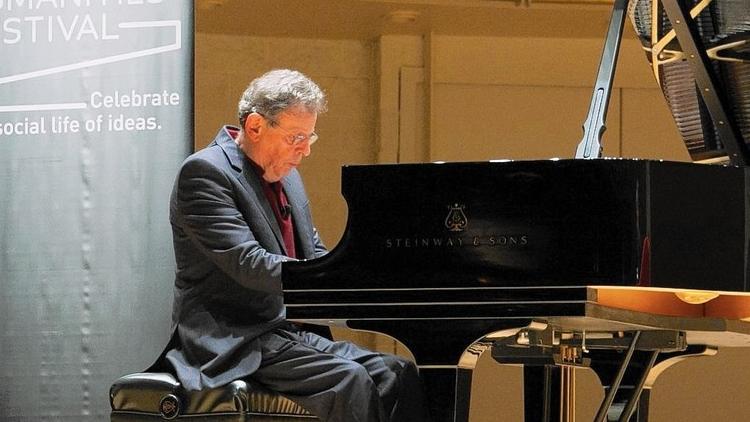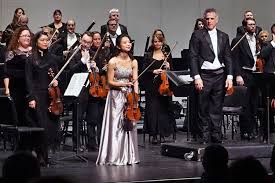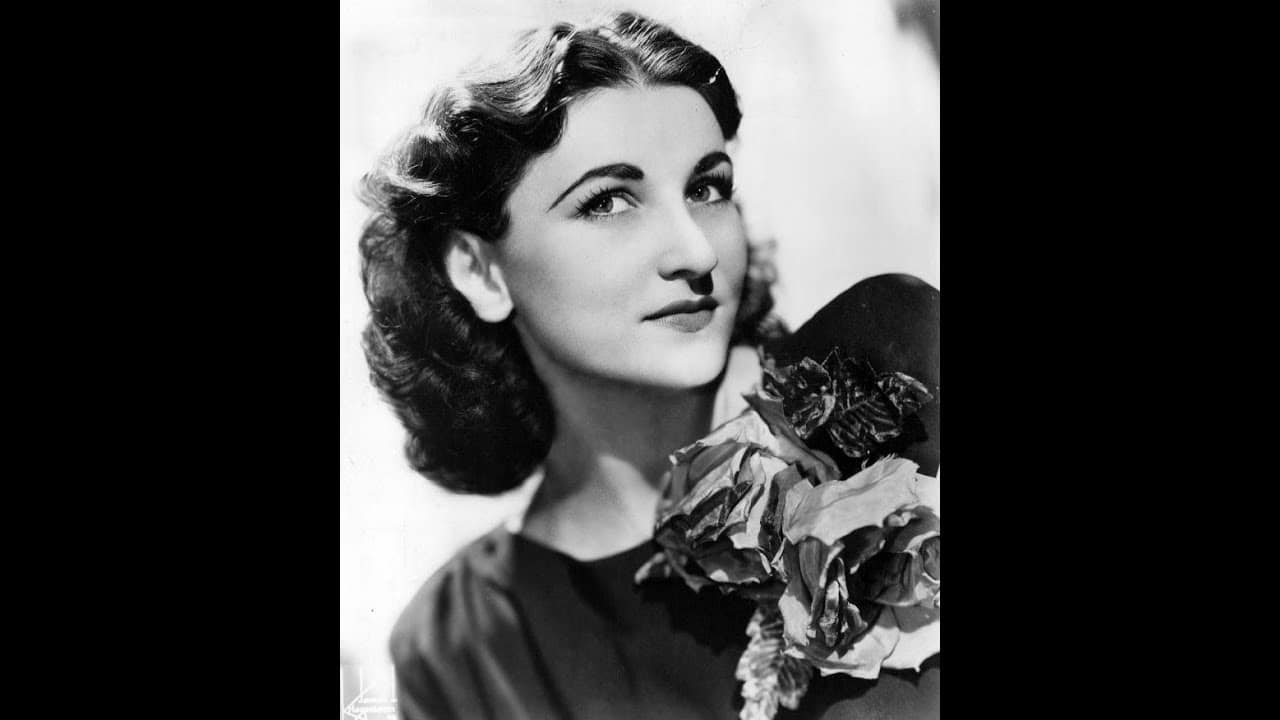New York Philharmonic aims to lose its Glass virginity
mainThe 2017-18 season, announced today, will include the Philip Glass Double Concerto for two pianos. It will be the first time, Mr Glass tweets, that the Philharmonic has played a concert work by New York’s best-known composer.
Philip Glass has just turned 80. Carnegie Hall celebrated the event.
But the New York Phil just walked on by.






Comments